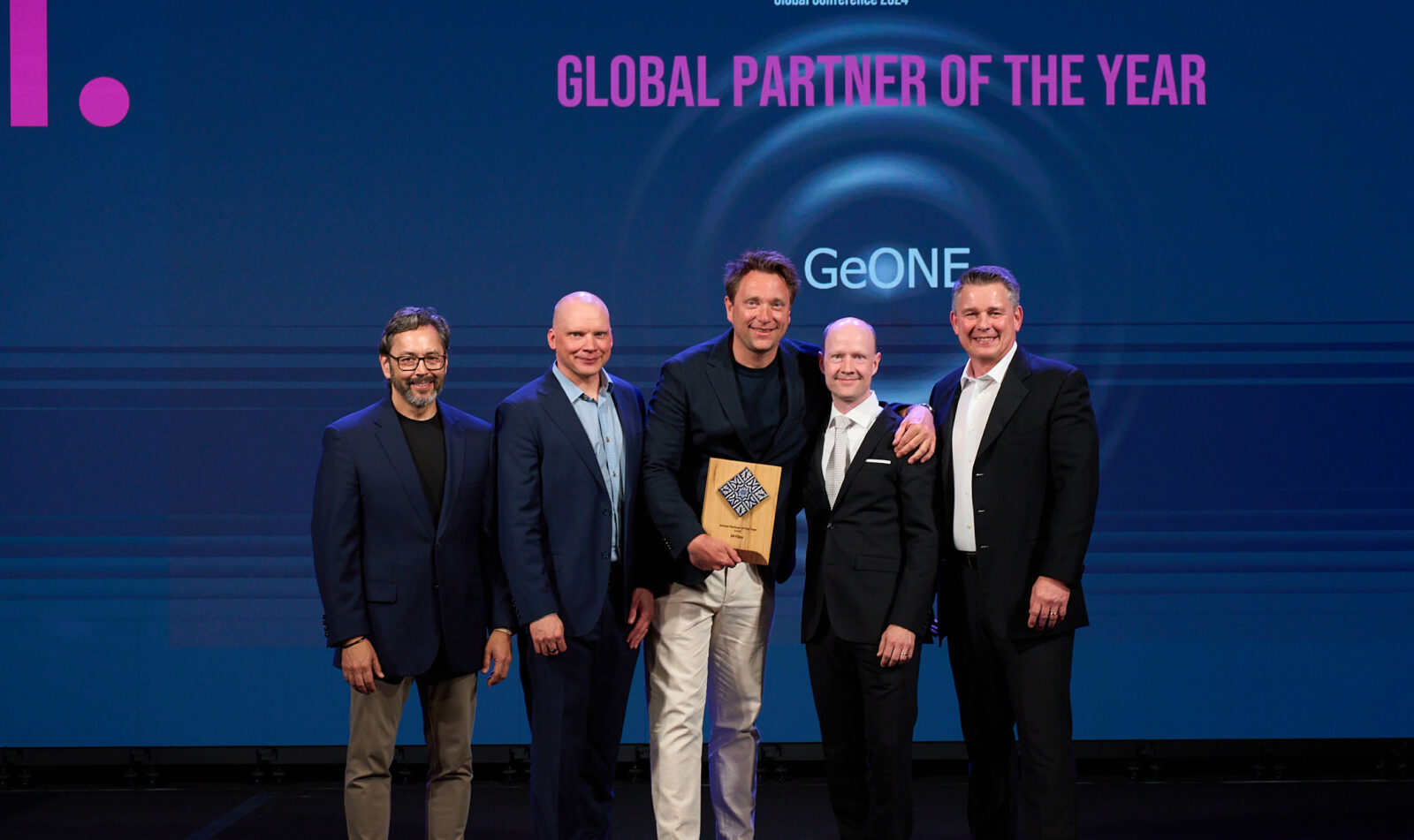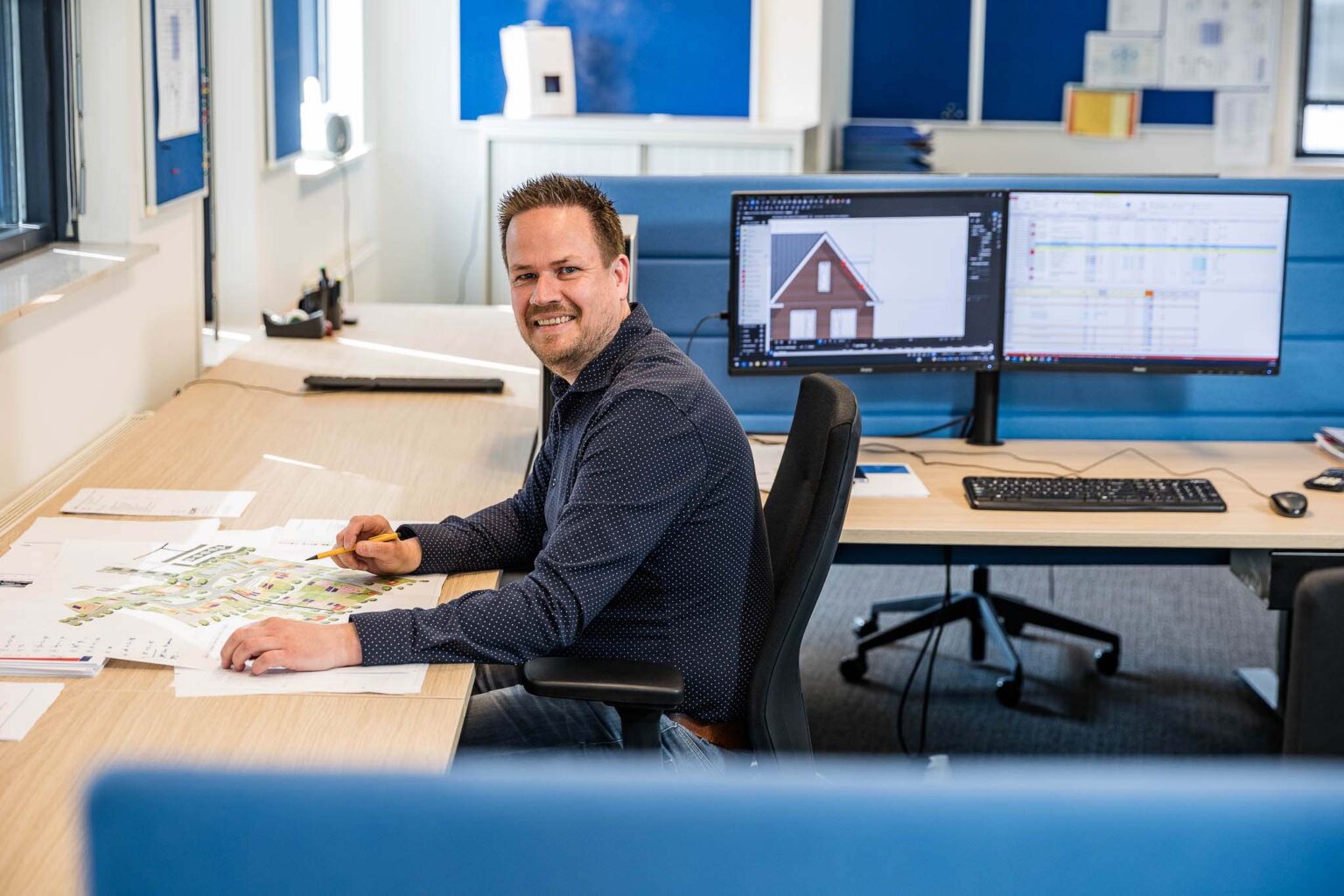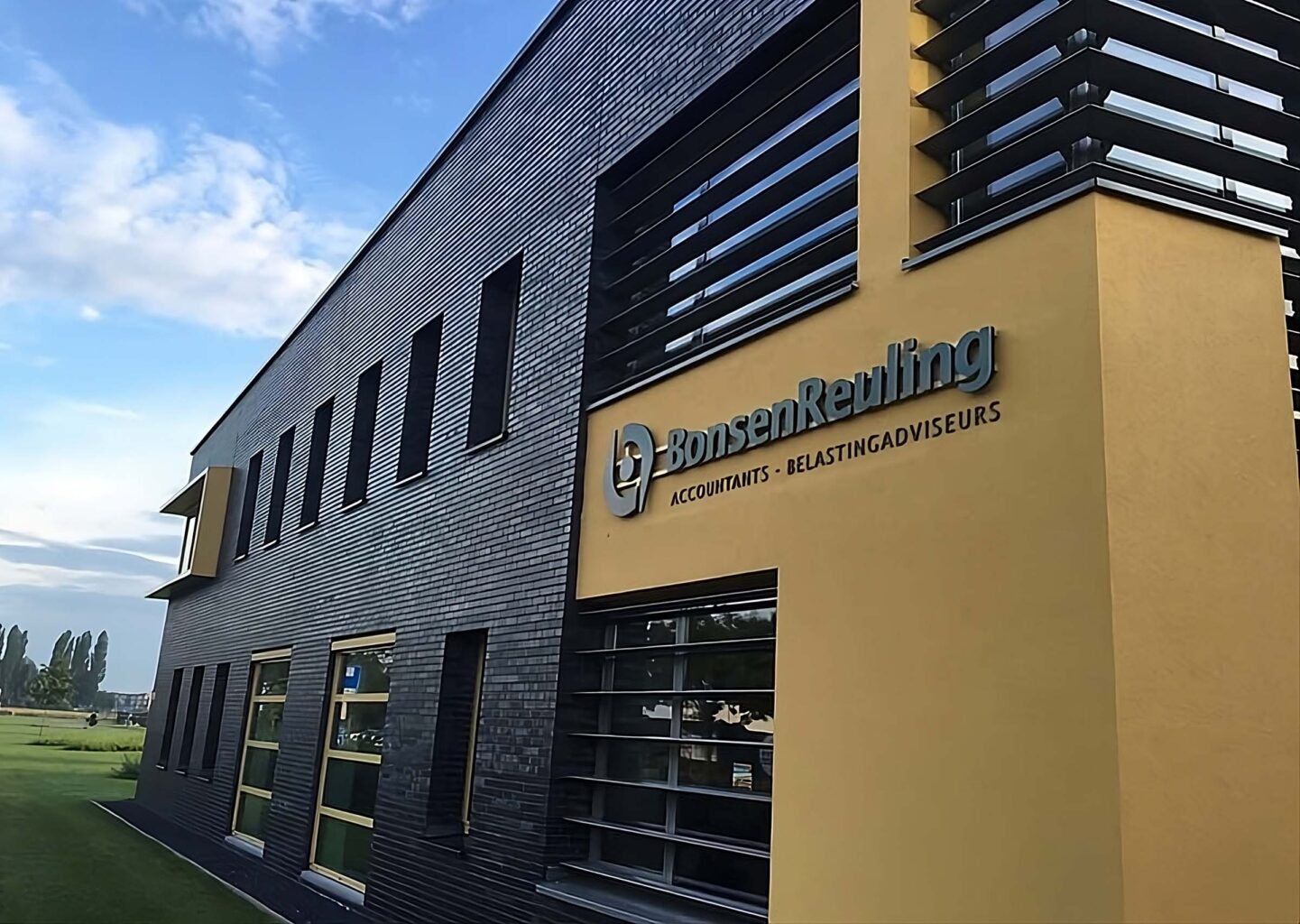For six years, aircraft developer Netherlands Aircraft Company b.v. (NAC) launched a new project to develop the new Fokker 130 (F-130): slightly longer than the Fokker 100, with new fuel-efficient engines and a new state-of-the-art cockpit. The documentation surrounding this project, combined with already existing documentation from the past, is intelligently managed and accessed via M-Files. Together with partner GeONE, NAC has not only made all relevant information intelligently findable, but will soon also deploy Artificial Intelligence within M-Files.
Schiphol-East-based Netherlands Aircraft Company b.v. emerged from the bankruptcy estate of Fokker. Whereas Fokker Services acquired the maintenance rights, NAC has the rights to Fokker's intellectual property in terms of the (continued) development of new aircraft based on the Fokker 100. Juriaan Kellermann, managing director NAC: 'This F-130 will be the best aircraft in its class when we go into production. We hope to get to the point this year where the digital design is ready, we have agreements with key suppliers regarding engines and systems, and then we will start the programme to get the aircraft certified. In about five years, a new F-130 will then 'roll off the assembly line' in the Netherlands. The ultimate idea is to deliver around 75 of these aircraft a year.'
Upgrade ICT
Kellermann joined the ranks at NAC some four years ago. 'Fokker went bankrupt (partly) because of a backlog in ICT. I was asked - now some 20 years later - to bring that ICT in order and up-to-date. In the beginning, that mainly required a lot of time to analyse processes and information flows. The advantage was that with NAC we could more or less start all over again. That meant devising and rolling out a new system to handle information and processes carefully. With the application of Artificial Intelligence where desired and feasible. We redesigned the whole thing in terms of processes and information management for this project.'
"Processes have become much more complex and a computer is much better at recognising those structures in a document"
Kellermann has since risen to managing director. 'Once I had crawled through all those processes, it seemed logical to the investors for me to get involved in the management, to make sure that the ideas that had emerged would actually be implemented. NAC then embarked on the new approach. Kellermann: 'Before, the people working here had to actually understand the processes and fill in a new index structure themselves, for example a new version of a document with specific features. Meanwhile, the processes have become much more complex and a computer is much better at recognising and using those structures in a document. Consistently applying such complex document classification is not (anymore) for humans. Every part of an aircraft must meet strict quality requirements, which are then recorded in certifications. Fokker's old archive also contained a large amount of relevant information from the past of the Fokker 100 - largely on paper - which also had to be able to be related to the new information around the F-130. That involved hundreds of thousands of documents and technical drawings, including descriptions, checks and controls (signatures) that the process was followed completely correctly. And the flow of information around the F-130 had yet to begin at that time.'
Information retrieval crucial
The chance of making a mistake is very quickly too high in this work. Kellermann: 'We are talking about the development of a new aircraft. Everything has to be right, 100 per cent. Retrieving the right information at the right time with the certainty that it is indeed the right information is crucial for any company. Especially when developing a new aircraft. We were therefore looking for a system that could intelligently metadata and find documents for us on the basis of search terms. Even if the search term was less precise. We were guided by the Gartner studies and M-Files came out on top. We were then pleasantly surprised by the capabilities of the software. Essential for us was the principle approach: it is all about the content of a document instead of where a document is located.'
Intelligence in search
What is very nice for users, according to Kellermann, is the intelligence in M-Files, which provides smart suggestions for documents you might be looking for given the terms you enter. Even if you don't quite remember exactly what it was. Kellermann: 'That kind of intelligence was exactly what we were looking for for our information management. M-Files sees connections and makes any new connections itself between the terms you enter. That saves so much valuable search time, that alone makes the system pay for itself effortlessly.'
M-Files sees connections and may itself make new ones between the terms you indicate
NAC plans to make even greater use of that intelligence in the M-Files software, via the Intelligent Metadata Layer. Kellermann: "Besides being able to classify documents automatically and read metadata, the system is also 'learning'. It recognises document types and concludes by itself that it belongs to other similar documents. Intelligence that we can add to the metadata of information in this way gives us additional benefits. That Artificial Intelligence not only reduces search times, but also prevents people from being unable to find a document and therefore having to create new information. Subsequent (re)indexing of existing documents to match the collection of newest documents can also be done a lot smarter with M-Files.'
Developments move fast
The concept of the Intelligent Metadata Layer applying it to technical drawings also gives NAC a big advantage. 'It is a lot more difficult to index such technical documents unambiguously, such that those documents can also be traced in the same way. Integrating Microsoft Azure functionality with M-Files Intelligent Metadata Layer has produced the desired result for us.'
GeONE is an innovative organisation, which knows how to get the most out of M-Files.
Kellermann: 'Because all processes have to be certified, every process step on and around the organisation and the product is under a magnifying glass. With M-Files, we have been able to organise the information processes in such a way that we can at any time in control are. There is a clear rights structure for who can do what with what information; it is transparent and controllable. The flexible (virtual) folder structure in M-Files has also allowed us to create a workable system for everyone. We're dealing with different generations of employees and each actually wants things to be done in their own way. Within M-Files, this is perfectly manageable, with them all basically using the same underlying system. Each route leads to the same document. M-Files saves us a lot of time and therefore money. Partner GeONE has thought along well with and about our organisation, such as about that folder structure and how we could best use the Intelligent Metadata Layer. GeONE is an innovative organisation that knows how to get the most out of M-Files. They demonstrate this through integrated Artificial Intelligence (AI) and deployment of Robotic Process Automation (RPA), among other things. Moreover, they are able to access information from other sources and systems via the same metadata structure, such as the network disks that are still there. With M-Files, we can also search those (virtually) intelligently. We now have a single environment for finding our most critical information. It's all accessible within M-Files.'
Where Kellermann still wants to go is to apply the search options to the old archives and create something similar for searching between 2D and 3D drawings. 'The applications of AI within our work will only increase. With M-Files, we have already taken a nice step in that direction. It gives us the space to be competitive in aircraft development. That is what we are good at. We are happy to leave those other things to M-Files'.



